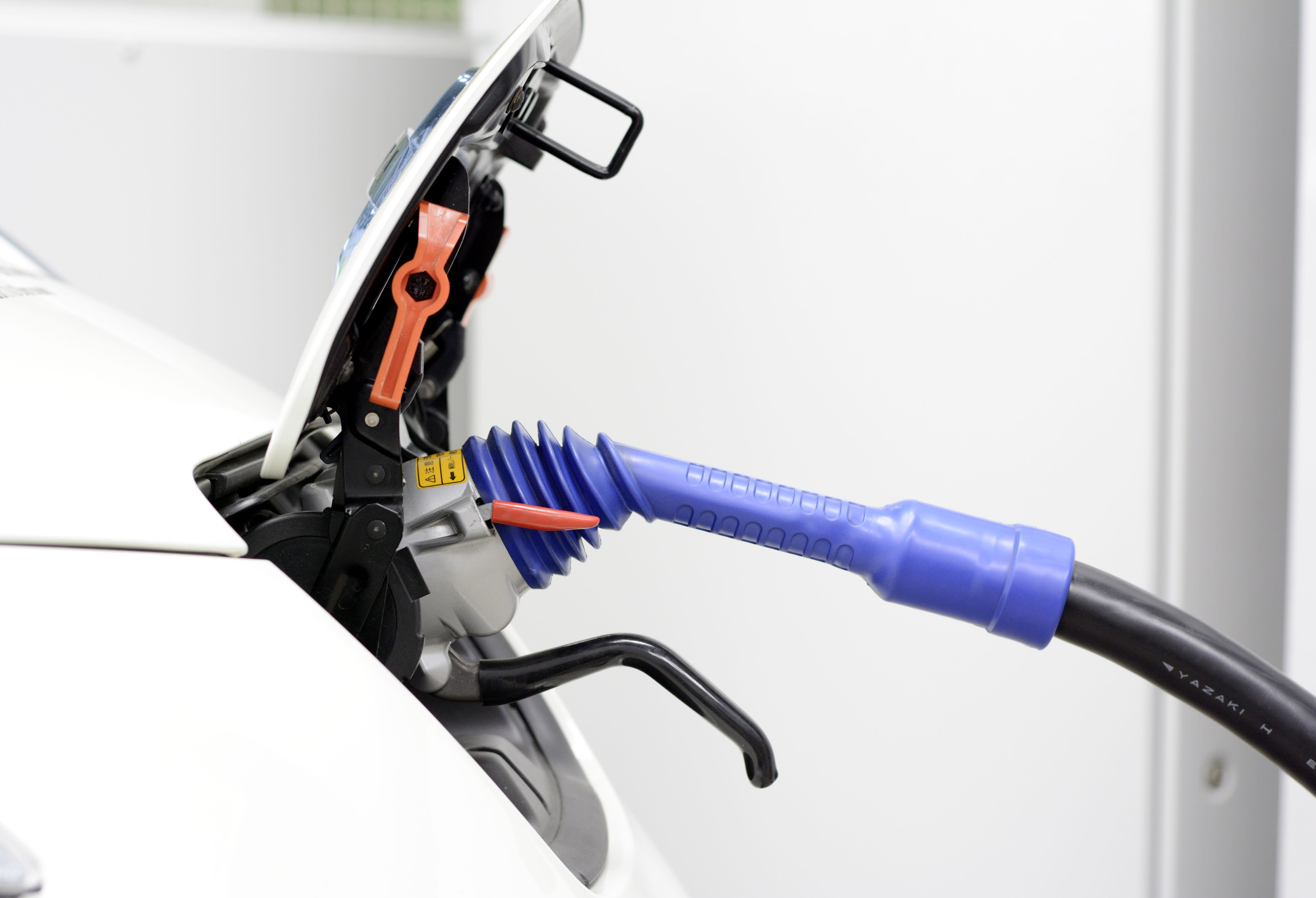We’ve reached a ‘turning point’ on the electrification of vehicles, Nissan executive says

A Nissan Leaf being charged in Dortmund, Germany.
Unkel | ullstein bild | Getty Images
A “turning point” has been reached when it comes to the electrification of vehicles, according to the chief operating officer of Nissan, with the Japanese automotive giant “ready to address that opportunity everywhere in the world.”
Speaking to CNBC’s “Squawk Box Europe” on Tuesday, Ashwani Gupta explained the shift to electric vehicles had been driven by customers and enabled by infrastructure and government support.
The rise in the number of electric vehicles used by consumers has indeed been quite rapid over the past decade. According to figures from the International Energy Agency, globally, there were around 17,000 electric cars on the road in 2010. Last year, that figure had risen to 7.2 million, with 47% of these located in China.
The comments from Nissan’s Gupta come as authorities around the world look to ramp up the number of electric vehicles on roads in an attempt to tackle air pollution and move away from the internal combustion engine.
The U.K., for example, has announced plans to stop selling new diesel and petrol (gasoline) cars and vans from 2030. Elsewhere, Denmark has proposed a phase-out of new diesel and petrol car sales in 2030 while Norway wants all new light vans and passenger cars sold to be zero emission by the year 2025.
“We do believe that moving forward, with the support, with the infrastructure … electrification will be highly valued by the customer,” Gupta added, stating that Nissan was “prepared” for the U.K.’s 2030 roadmap.
Gupta’s mention of infrastructure is important, as it will play a crucial role when it comes to alleviating concerns over “range anxiety” — the idea that electric vehicles aren’t able to undertake long journeys without losing power and getting stranded.
Around the world, efforts are being made to boost the number of charging options for electric vehicles.
Norway, a world leader when it comes to the adoption of electric vehicles, is now home to more than 10,000 public charging points, according to the Norwegian Electric Vehicle Association, while the U.K.’s first forecourt dedicated to charging electric vehicles opened for business this week.
Green number plates
Tuesday also saw the U.K. introduce green number plates to distinguish zero-emission vehicles from others on the road.
The number plates will have a “green flash” on their left hand side. The overarching idea is to make these types of vehicle easier to spot.
“Not only will green number plates raise awareness of the increasing number of cleaner vehicles on our roads, they could also unlock a number of incentives for drivers,” Rachel Maclean, the U.K.’s transport minister, said in a statement.
At a local level, these incentives could include both “cheaper parking and cost-free entry into zero-emission zones,” according to the government.




